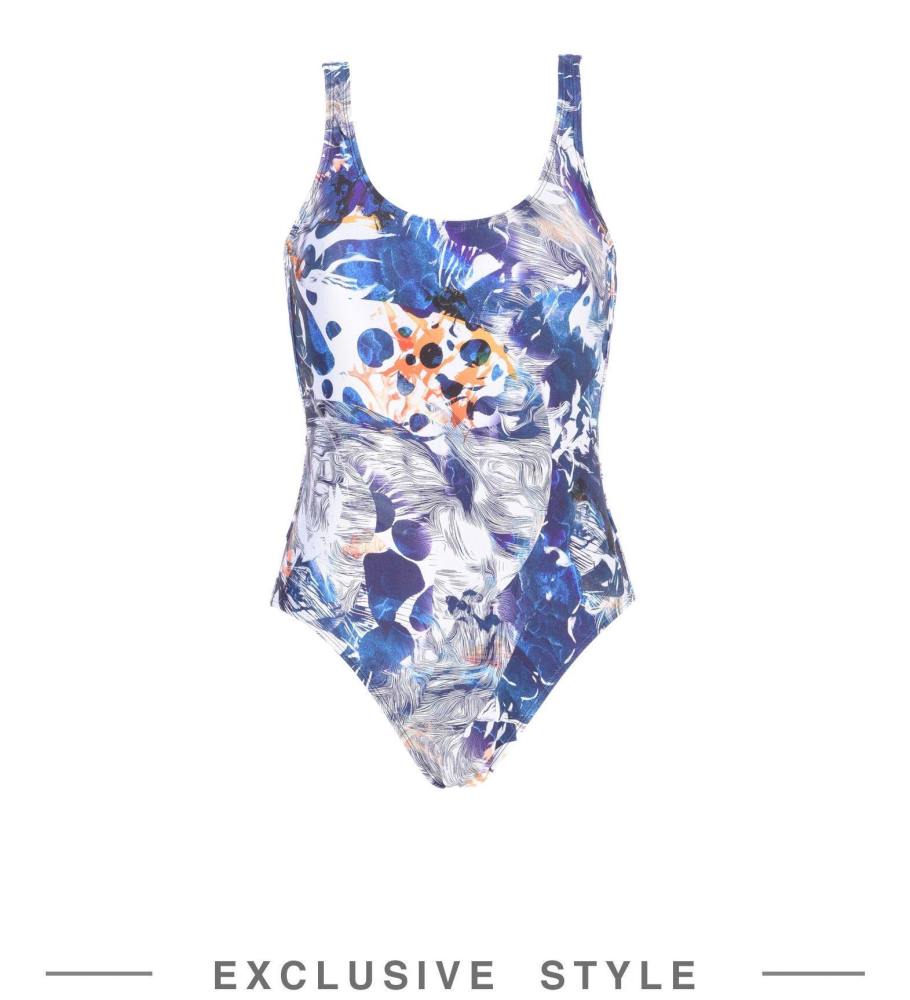Oh to be wealthy!
Posted on
|
It would be the dream of my life to make or win tons of money and be able to give it all to wildlife conservation and reforestation! In late March 2018, philanthropists, governments and corporate leaders from Europe, China, the US and Africa pledged over $6 million to protect wildlife habitats at the end of an important conservation summit. The Kavango-Zambezi Trans frontier Conservation Area borders Angola, Botswana, Namibia, Zambia and Zimbabwe. It’s home to over 220,000 elephants – and yet parts of this ecosystem are now under huge pressure from poachers. Forest elephants in Central Africa also suffer from high levels of killing. Space for Giants is an international conservation organisation. It’s just co-hosted the Giants Club Summit, with Botswana’s Tlhokomela Trust.
So what did the Giants Club countries – Botswana, Gabon, Kenya and Uganda (plus other KAZA nations Angola, Namibia, Zambia and Zimbabwe) – achieve? The Giants Club will work with national wildlife services and partner organisations to nominate people for the Ranger Award Programme of the Paradise Foundation. The award raises awareness about threats to Africa’s wildlife and the essential role that rangers play on the front line in conservation. Working together will mean more candidates will be reached. A US$2 million grant given by the EU will be implemented by Space for Giants and the Tlhokomela Trust to train and mentor wildlife rangers sharing operational intelligence and resources across the border region It will boost legal deterrants against poaching by making investigations and prosecutions stronger across the five countries. The Giants Club aims to protect half of Africa’s elephants and their landscapes by 2020 by uniting political will, technical expertise and financial power to achieve its goal. Founding members are the presidents of Uganda, Gabon, Kenya and the Tlhokomela Trust. 415,000 elephants live in these areas – over half of Africa’s remaining elephants. The Giants Club’s members include financiers, international philanthropists and key influencers such as celebrities. Conservation scientists are the technical advisors. The summit brings people together to hear innovative ideas on how to protect elephants and their landscapes and it then negotiates finance and secures political will to increase the reach of the ideas. Kenyan based Space for Giants works to protect Africa’s elephants from immediate threats such as poaching. It works to secure their habitats in landscapes which are under increasing pressures.
|
